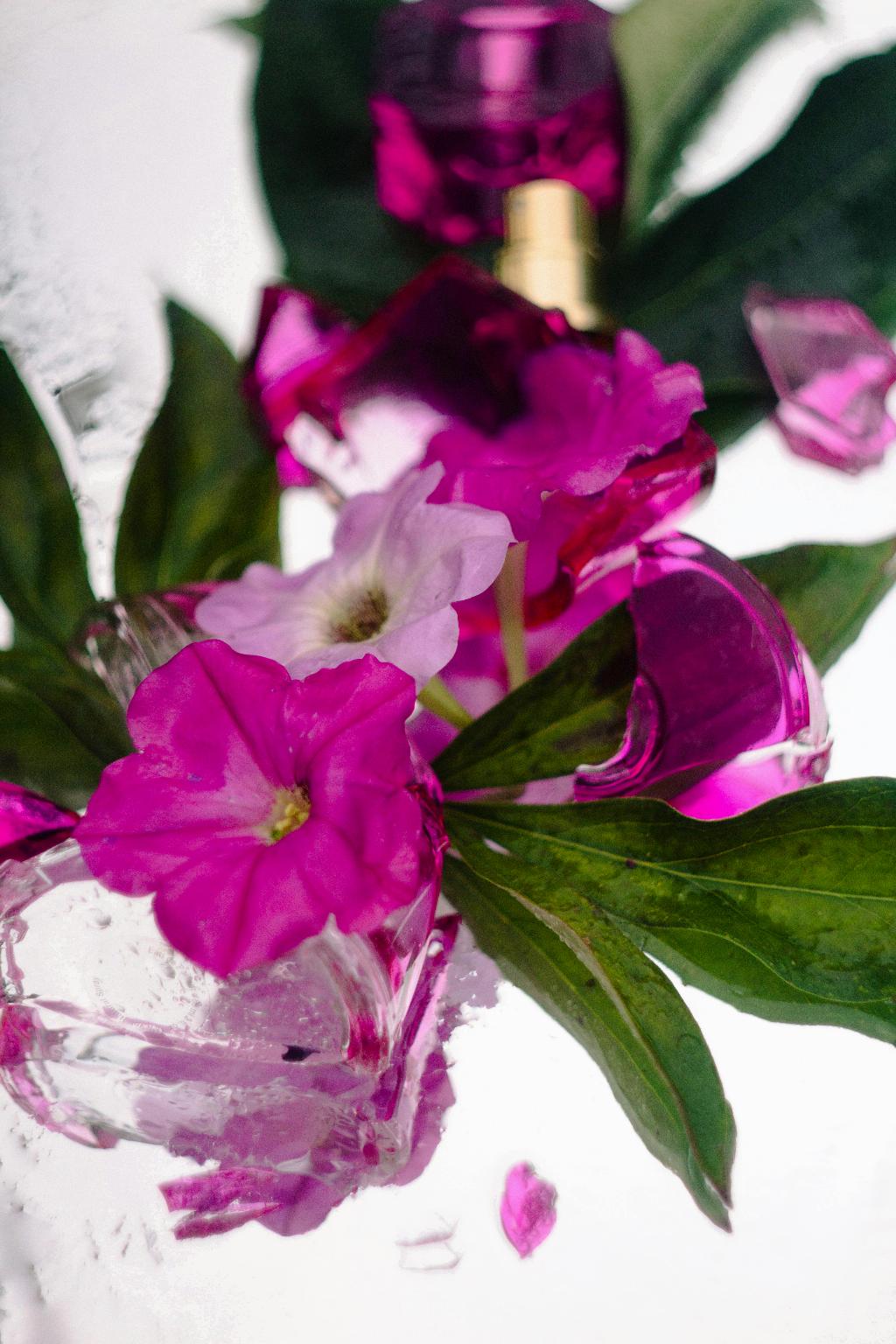One of the key factors to consider when growing petunias is the timing of planting. Petunias are warm-season annuals, which means they thrive in the warmth of late spring or early summer. The general rule of thumb is to plant petunias after the last frost date in your area. This ensures that the weather is conducive to the growth and development of these beautiful flowers.
It is crucial to pay attention to soil temperature when deciding when to grow petunias. The soil should be at least 60°F (15.6°C) before planting petunias. Planting them in cold or damp soil can hinder their growth and overall health. By waiting for warmer soil temperatures, you set your petunias up for success from the very beginning.
Waiting for the right time to grow petunias not only benefits the plants but also ensures that you make the most of your gardening efforts. Planting too early can expose petunias to frost damage, while planting too late may impact their ability to establish strong roots before the summer heat sets in.
By planting petunias at the optimal time, you give them the best chance to thrive throughout the growing season. Late spring and early summer provide the ideal conditions for petunias to flourish, with longer daylight hours and warmer temperatures promoting healthy growth and vibrant blooms.
Another reason to grow petunias in late spring or early summer is the reduced risk of disease and insect infestations. Warmer weather helps to deter common pests and pathogens that can affect the health and beauty of petunias. By aligning your planting schedule with the natural growth cycle of these flowers, you can minimize the need for chemical interventions.
Timing is everything when it comes to growing petunias, as getting it right can make a significant difference in the overall success of your garden. Waiting for the soil to warm up and choosing the right planting time can set the stage for a season filled with lush foliage and abundant blooms.
While it may be tempting to start planting early in the season, especially with the excitement of spring in the air, exercising patience and waiting for the optimal conditions can pay off in the long run. Petunias are resilient plants, but giving them the right start can help them reach their full potential.
When planning your garden, take into account the average last frost date in your region and use it as a guide for when to grow petunias. This information can be crucial in avoiding potential damage to your plants and ensuring a successful growing season.
Consider the microclimate of your specific planting area when deciding on the best time to grow petunias. Factors such as sun exposure, wind patterns, and soil composition can all impact the temperature and conditions that petunias will experience. Tailoring your planting schedule to these unique characteristics can enhance the overall health and vigor of your plants.
Observing the natural cues of the season, such as the blooming of other plants and the emergence of insects, can also inform your decision on when to grow petunias. Nature provides valuable insights into the optimal timing for planting, and tuning into these signals can guide you in making informed choices for your garden.
By embracing the seasonal rhythm and paying attention to the specific needs of petunias, you can create a thriving garden that showcases the beauty and versatility of these popular flowers. Timing your planting with care and consideration can result in a bountiful display of color and fragrance that enhances your outdoor space.
In conclusion, the best time to grow petunias is after the last frost date in your area, typically in late spring or early summer. Waiting for the soil to warm up to at least 60°F (15.6°C) before planting ensures that your petunias have the ideal conditions for healthy growth and vibrant blooms. By aligning your planting schedule with the natural cycle of these warm-season annuals, you can create a garden filled with beauty and vitality.

